AP128C
Goat Anti-Mouse IgM Antibody, µ chain, Cy3 conjugate
Chemicon®, from goat
About This Item
Recommended Products
biological source
goat
Quality Level
conjugate
CY3 conjugate
antibody form
F(ab′)2 fragment of affinity isolated antibody
antibody product type
secondary antibodies
clone
polyclonal
species reactivity
mouse
manufacturer/tradename
Chemicon®
technique(s)
immunofluorescence: suitable
shipped in
wet ice
target post-translational modification
unmodified
Related Categories
Application
Secondary & Control Antibodies
Fragment Specific Secondary Antibodies
Legal Information
Disclaimer
Not finding the right product?
Try our Product Selector Tool.
Signal Word
Warning
Hazard Statements
Precautionary Statements
Hazard Classifications
Acute Tox. 4 Dermal - Acute Tox. 4 Inhalation - Aquatic Chronic 3
Storage Class Code
11 - Combustible Solids
WGK
WGK 3
Certificates of Analysis (COA)
Search for Certificates of Analysis (COA) by entering the products Lot/Batch Number. Lot and Batch Numbers can be found on a product’s label following the words ‘Lot’ or ‘Batch’.
Already Own This Product?
Find documentation for the products that you have recently purchased in the Document Library.
Our team of scientists has experience in all areas of research including Life Science, Material Science, Chemical Synthesis, Chromatography, Analytical and many others.
Contact Technical Service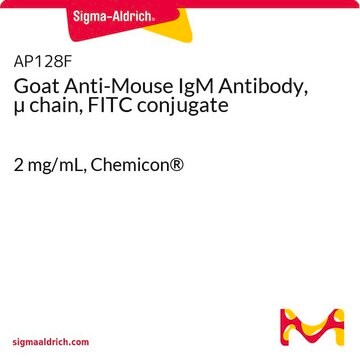
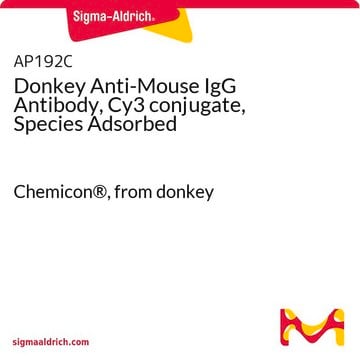
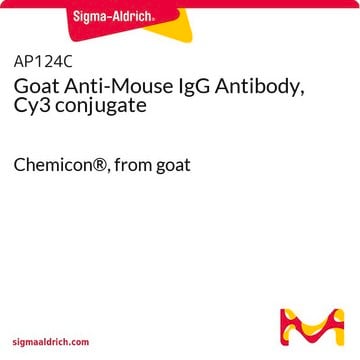
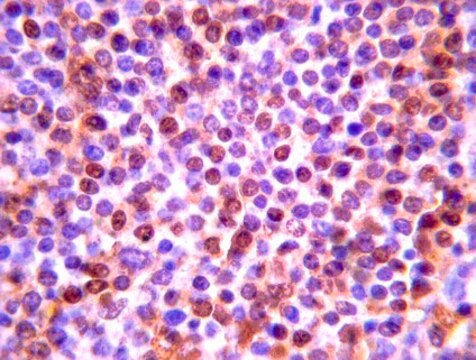
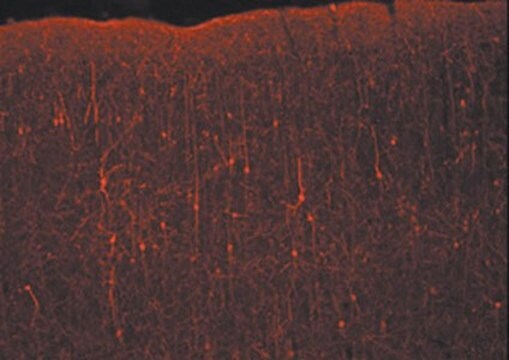
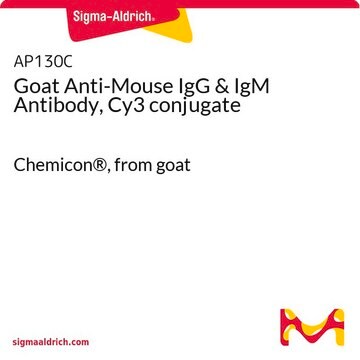



![Anti-OCT-4 [POU5F1] Antibody, clone 7F9.2, Alexa Fluor™ 488 conjugate clone 7F9.2, from mouse, ALEXA FLUOR™ 488](/deepweb/assets/sigmaaldrich/product/images/405/633/324511fc-ecc5-4c49-9d9d-8cf25ab28d40/640/324511fc-ecc5-4c49-9d9d-8cf25ab28d40.jpg)
